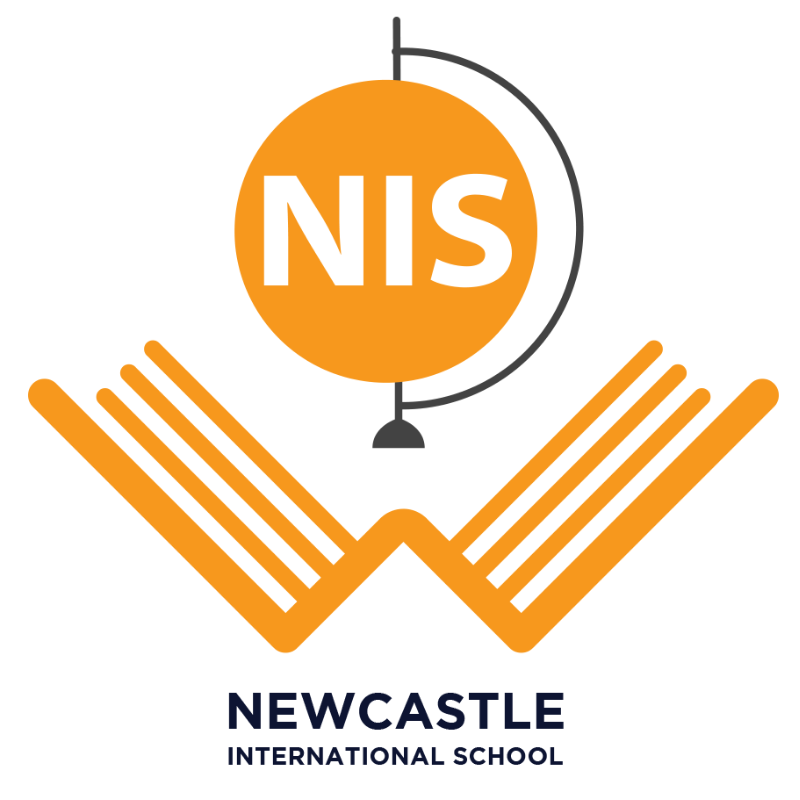Study the world’s 6th most spoken language, with 230 million native speakers. Speak the official language of 8 countries in 4 continents, such as Portugal, Brazil, Angola, Mozambique, and East Timor.

Why Study Portuguese
Study the world’s 6th most spoken language, with 230 million native speakers. Speak the official language of 8 countries in 4 continents, such as Portugal, Brazil, Angola, Mozambique, and East Timor. Learn a romance language with a unique appeal. Explore some of the richest and most fascinating cultures in the world. Stand out from the crowd and enhance your academic and professional profile.
Lifelong Learning Courses
Courses within this program may not be taken as part of your degree. They are available to those wishing to learn a language at a more relaxed pace.
We offer a wide range of language courses that can take you from beginner through to advanced level, with the majority of the classes timetabled in the evenings. Upon completion of the course, you may be eligible for a certificate awarded by the Language Centre
The Language Centre has been part of the University of Warwick's central academic services since its establishment in 1964. The Language Laboratory was first set up in 1964 on the East Site (Gibbet Hill Site), by the Senior Technician Laurie Evans.
It moved to new premises in 1966 in a new building which is now solely the Library, but the building then housed the Arts Faculty, Library, Book-bindery and Photography departments. When the Arts faculty (Humanities) building was constructed in 1970, we occupied a few rooms within our current location.
We have taken over a few adjacent rooms over the years to reach our current capacity. We managed at last in 1995 to equip all four of our language laboratories with the same machines, standardizing with the Tandberg IS10 model. This has made the life of our tutors easier by not having to become familiar with different operating controls.
Laurie Evans became Superintendant, but later was re-designated Director until his death in 1985. Afterward, the post of Director was taken by Noemi Messora (appointed 50%) and when she left Warwick to return to Italy, Bob Powell was appointed to a full-time post as Director in 1993.
It can be seen from the archive photographs that Language Laboratory technology has moved on, from valve open-reel tape recorders to transistor solid-state open-reel, cassette tape recorders. Having recently installed a fully digitalized satellite system, we are now progressing to totally computerized digital sound recording.
We have always maintained pace with technology to enable our tutors to utilise the most modern teaching methods - sometimes at the cutting edge of innovation. The Centre's activities continue to expand as part of the University's long-term commitment to the increased provision of foreign language tuition across the Faculties.

With over 260 million Portuguese speakers around the world, the decision to learn the language will transform your life.

Learning a new language does not only give you more professional or social opportunities: it gives you insights into a new world.

Learn Portuguese with our Portuguese language courses, which are delivered using a proven learning method.

Portuguese language class is offered by Newcastle International School NIS.

If you have never studied Portuguese before these courses are for you. Whether you're looking for an introduction to the language before a holiday, or want to study intensively, we have a range of classes available.
© 2025 coursetakers.com All Rights Reserved. Terms and Conditions of use | Privacy Policy